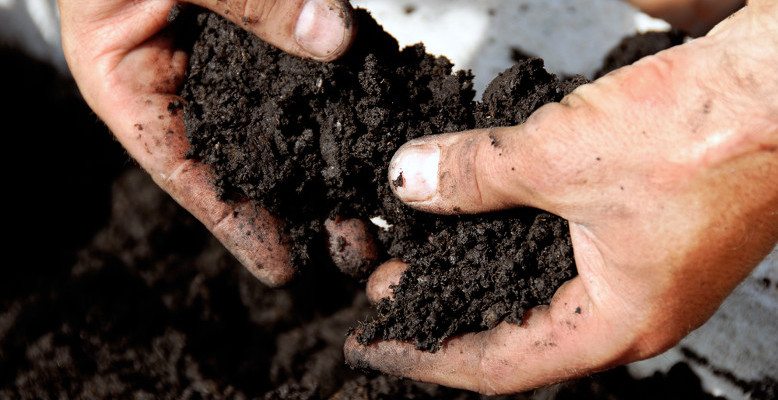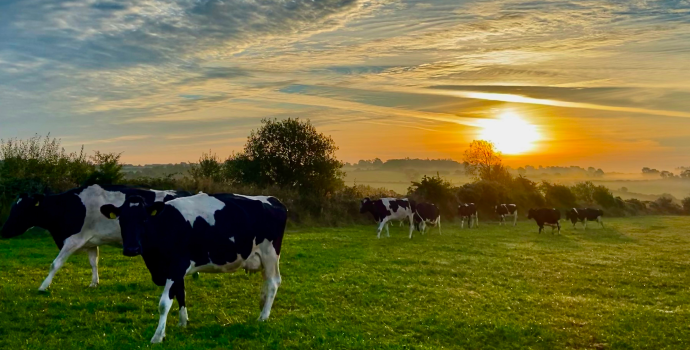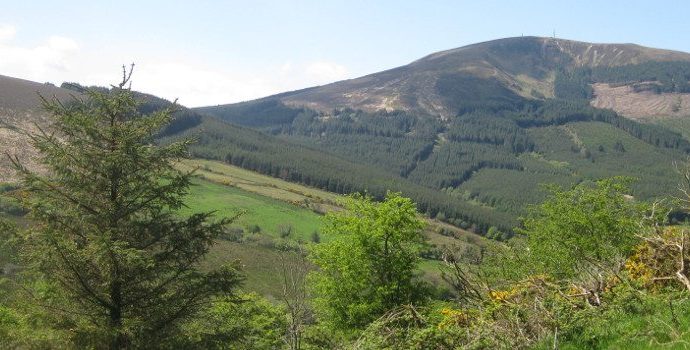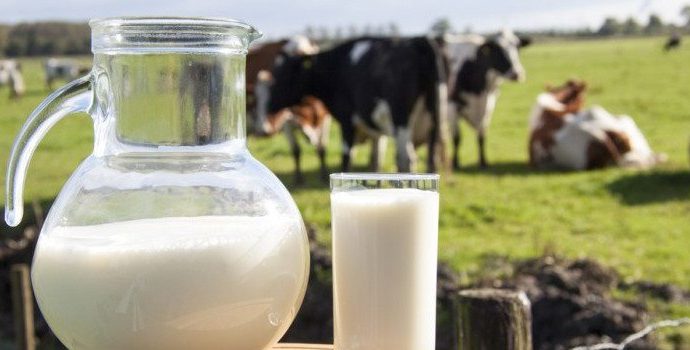IFA Calls on Senators to Reject Damaging Climate Change Bill

At a briefing with Senators from Fianna Fail, Fine Gael, Labour and the Green Party this afternoon (Wed), IFA will set out the concerns of the agriculture sector of proceeding with the Climate Change Bill.
IFA President John Bryan said, “before the debate begins in the Seanad tomorrow, it is critical that Senators are fully aware of the consequences of this legislation for the agri-food sector. This legislation will be debated before all stakeholders have had an opportunity to comment on the Bill, as the closing date for comments and submissions is FridayJanuary 28. Members of the Upper House should reject discussions on the Bill in the Order of Business, until after the closing date.”
He said, “Today’s figures from Bord Bia show a strong recovery in food exports to nearly €8bn. The potential identified in the Food Harvest 2020 Report, to grow exports to €12bn, will be derailed if the Government push ahead with this rushed and ill-thought out legislation.”
Following discussions with IBEC, ICOS and the Irish Exporters Association, John Bryan said there was growing consensus that the Bill was hugely damaging to our economic recovery. “Members of the Oireachtas must take this issue very seriously and address the legitimate concerns of farming and the agri-food sector.”
IFA is proposing four key principles which must be included as amendments to the legislation to safeguard the 270,000 jobs in the agri-food sector, the national Beef Herd, and the €4bn future growth of our largest indigenous industry.
The greenhouse gas emission reduction targets set out in the Bill must not exceed Ireland’s international obligations.
The Bill must give agriculture direct credit for current and future carbon offsets generated by forestry, bio-energy, permanent grassland and other land uses, up to 2020.
The Bill must not restrict the growth and export targets of our indigenous agri-food sector, as set out in the Food Harvest 2020 strategy.
That Bill must recognise Ireland’s role in the expansion of food production in an environmentally sustainable manner in order to meet increasing global demand for food and must guard against the negative global consequences of carbon leakage in other regions.




